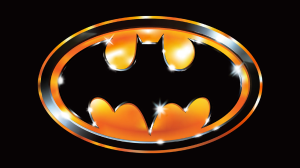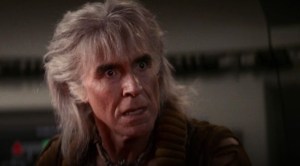Netflix, which values original content with A-list talent attached so highly that it has become a go-to destination for certain troubled productions, was not interested in trying to rescue Holmes and Watson, according to reports.
Videos by ComicBook.com
With a D+ CinemaScore and only two positive reviews on Rotten Tomatoes (for a 6% score as of this writing), Holmes and Watson is massively underperforming 2008’s Step Brothers, which was used in the film’s marketing as the Will Ferrell/John C. Reilly movie that served as a point of reference for the Sherlock Holmes comedy.
The film opened on Christmas, which means it has not yet had a full week in theaters, but early screenings have yielded only 25% positive reviews from audiences on Rotten Tomatoes and widespread stories of walkouts.
Deadline claims that test audience responses to the film were so bad that Sony moved to mitigate its damage ahead of time, first by trying to sell the movie to Netflix, and later by selling a chunk of the rights off to Mimran Schur Pictures. The odds are low that it will make its money back, although if it meets its current projections (Sony is expecting it to earn around $20 million by the end of the weekend) it will still have beaten out last year’s December family comedy Father Figures, which only earned $17.5 million in its domestic theatrical run.
Early this year, Netflix stepped in and paid a reported $50 million for The Cloverfield Paradox, the latest installment in producer J.J. Abrams’s anthology horror/sci-fi/thriller series. That film had a troubled production and weak test audience reactions, but a recognizable brand and enthusiasm built-in from 10 Cloverfield Lane, which had surprised and impressed audiences and critics in 2016. While 10 Cloverfield Lane had managed to keep its existence a secret until just before a theatrical release, The Cloverfield Paradox struggled during production and ended up on Netflix three months earlier than its planned theatrical release date.
That movie also built on Netflix’s previous attempt at a sci-fi blockbuster, Bright, which had been released just weeks before.
From Netflix’s perspective, it makes sense to decline: the Sherlock Holmes brand is hit-or-miss (since it is public domain, there are dozens of movies, many of which make basically no money and get no publicity), and there was nothing to peg Holmes and Watson to. Netflix has a steady stream of similar comedies on the service due to its deal with Adam Sandler, so it would be easy for Holmes and Watson to disappear into the service and be forgotten.
The film is in theaters now, but if you want to see it…well, probably hurry. It does not sound like it will be there long.








